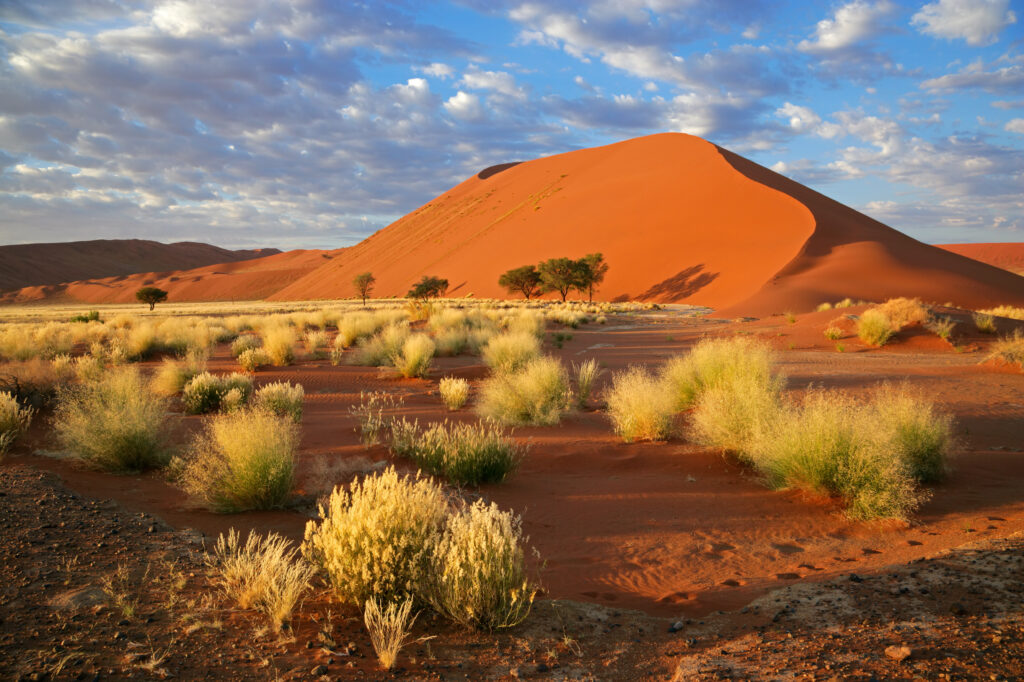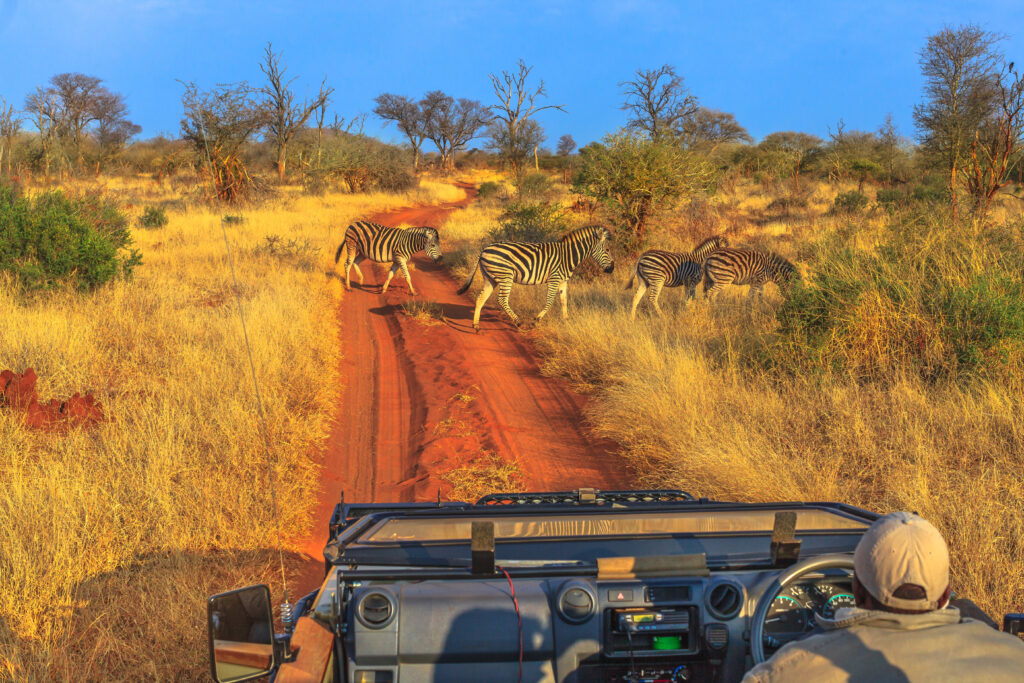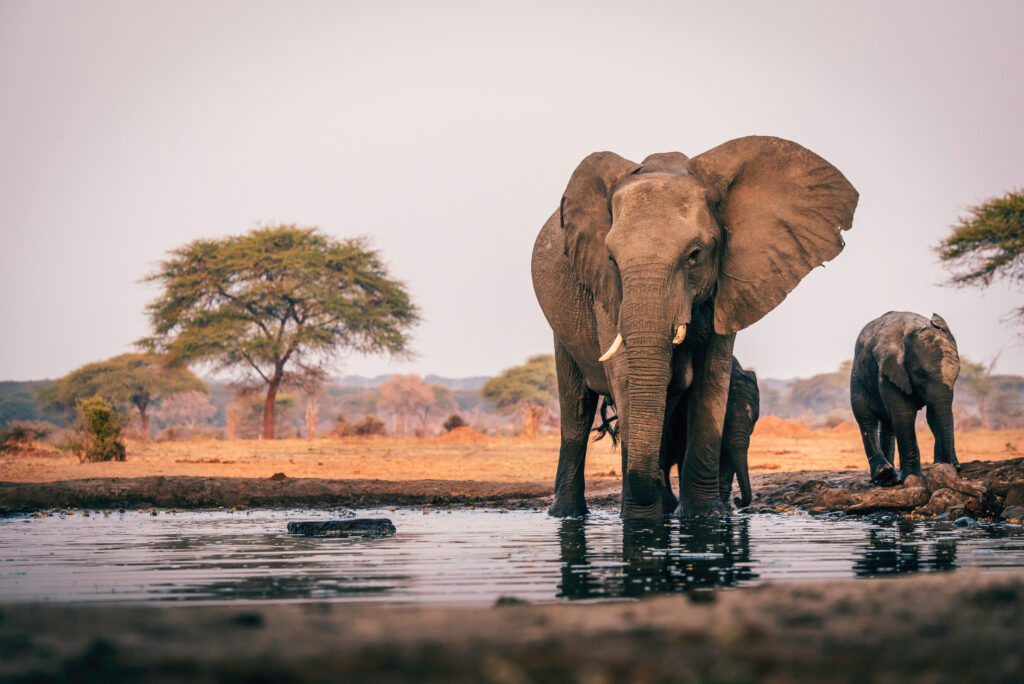
South Africa is establishing itself as a fast-growing sustainable destination. The country is home to extraordinary flora and fauna, with many rare species in unspoilt environments. To make the most of this natural treasure, the government is betting big on ecotourism.
South Africa, an unspoilt wilderness destination

Along its 1.22 million km2, South Africa is home to a wide variety of landscapes. Deserts, savannahs, dry and rainforests, mountains, coastlines and ocean create a vast mosaic, making South Africa a sustainable destination.
The country also has 4 natural sites listed as Unesco World Heritage Sites. The iSimangaliso Wetland Park is one of the country's first Unesco-listed sites, a nature reserve protecting a coastal lake and estuary in the east of the country. This rich ecosystem, where land, freshwater and saltwater meet, is home to an exceptional diversity of species for such a small area.
South Africa has many other protected areas, some twenty of which are national parks. The Kruger National Park, one of South Africa's must-see parks, has the distinction of being both the oldest, created in 1926, and the largest, with a surface area of 20,000 km2, and even the most beautiful national park in South Africa. It would be no exaggeration to count it among the most beautiful national parks in the world, and it certainly contributes to making South Africa a sustainable destination. In fact, it's home to the Big Five: lions, elephants, leopards, rhinos and buffalo. This makes it one of Africa's top safari destinations.
How South Africa became a sustainable destination

In 1996, South Africa was one of the first countries in the world to introduce responsible tourism, through a series of government recommendations. For some thirty years now, the country has been focusing on ecotourism. To this end, the country has launched the Green Tourism Incentive Programme.
The idea: to encourage private tourism players to commit to greener tourism, by adopting various measures. The program, initiated in 2017 by South Africa's Department of Tourism, primarily involves financial assistance for businesses wishing to switch to greener water and energy facilities.
The country goes even further than ecotourism, whose aim is to limit its impact on the environment, as South Africa is even one of the pioneers of regenerative tourism. The concept is not to have a neutral impact when traveling, but to have a positive one. In other words, travelers don't want to leave the place as they found it, they want to leave it better than they found it! South Africa aims to make tourism a driving force for environmental action. To this end, it is stepping up the creation of sanctuaries and nature reserves.
In addition to this, the country is multiplying infrastructures for more conscientious tourism, and private players are creating new, more committed hotels. In nature reserves, for example, there are accommodations that offer visitors the pleasure of waking up in a wild environment, without ever having a negative impact on it. An increasing number of tourist accommodations are committed to zero-carbon development, waste reduction, rational resource consumption and even energy self-sufficiency. Government and private players are working hand in hand to make South Africa a sustainable destination for the long term.
To help you plan your trip, take a look at our article on the most romantic destinations, as well as our tips for traveling with a baby.


